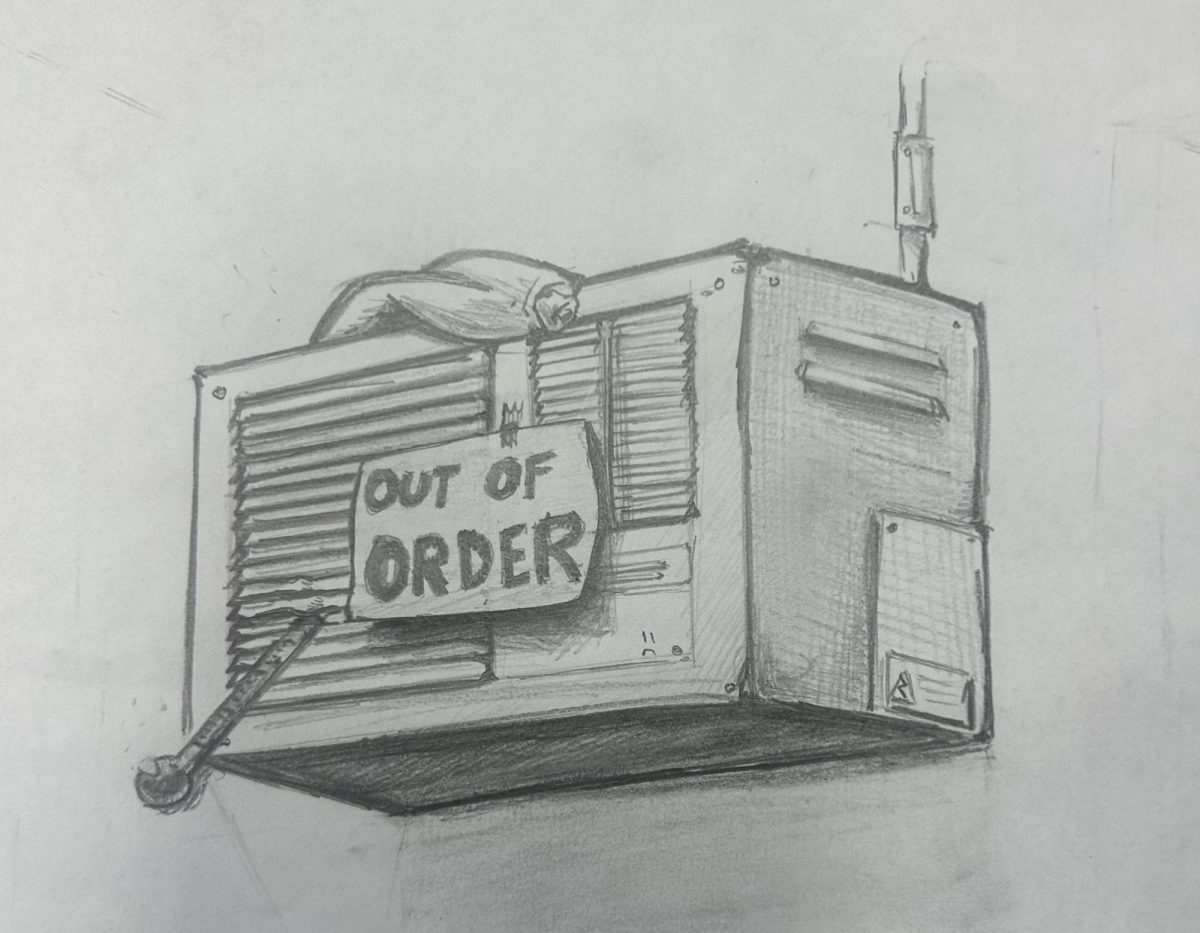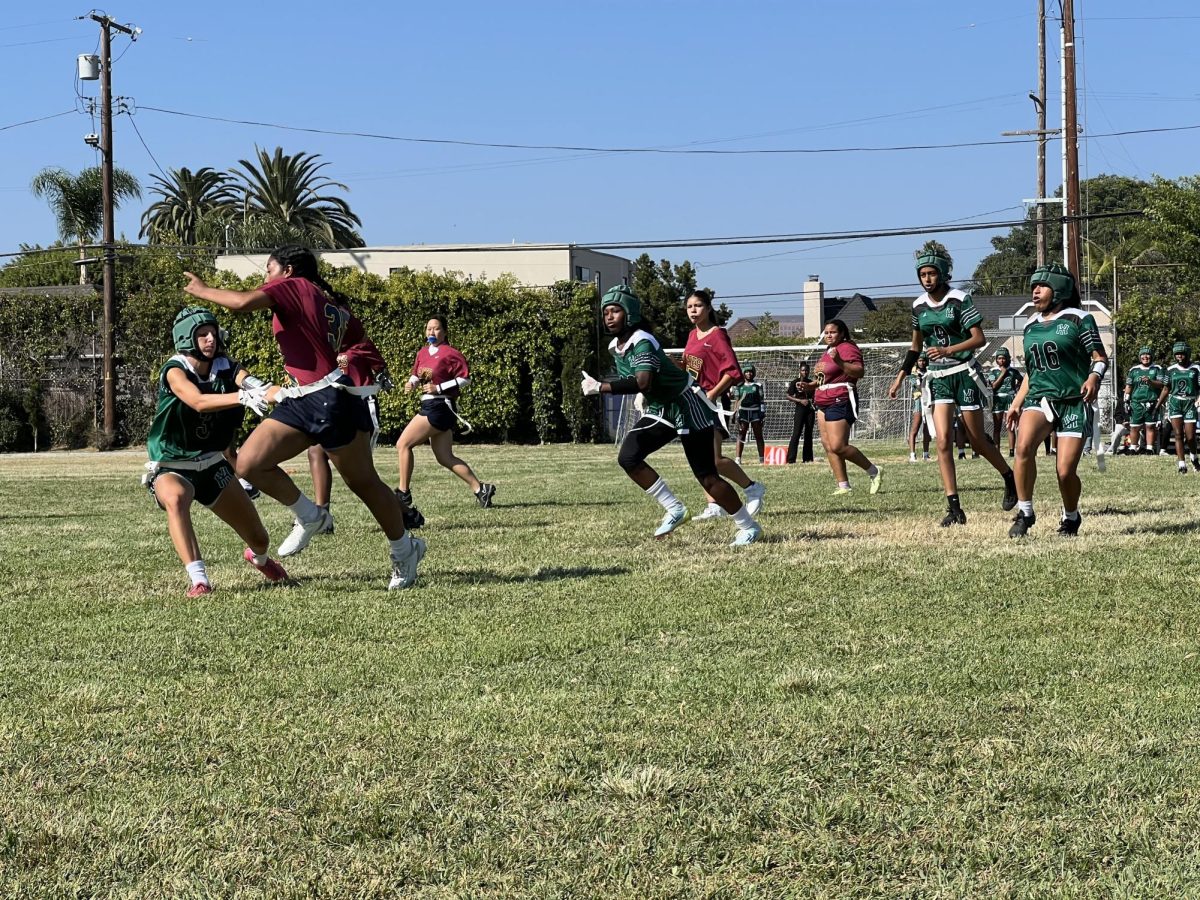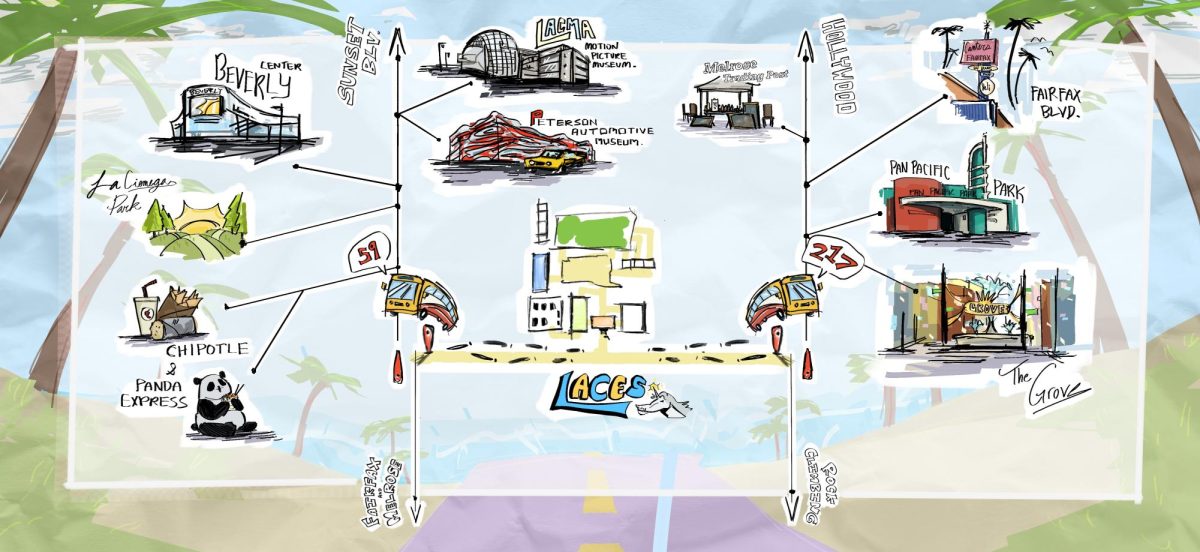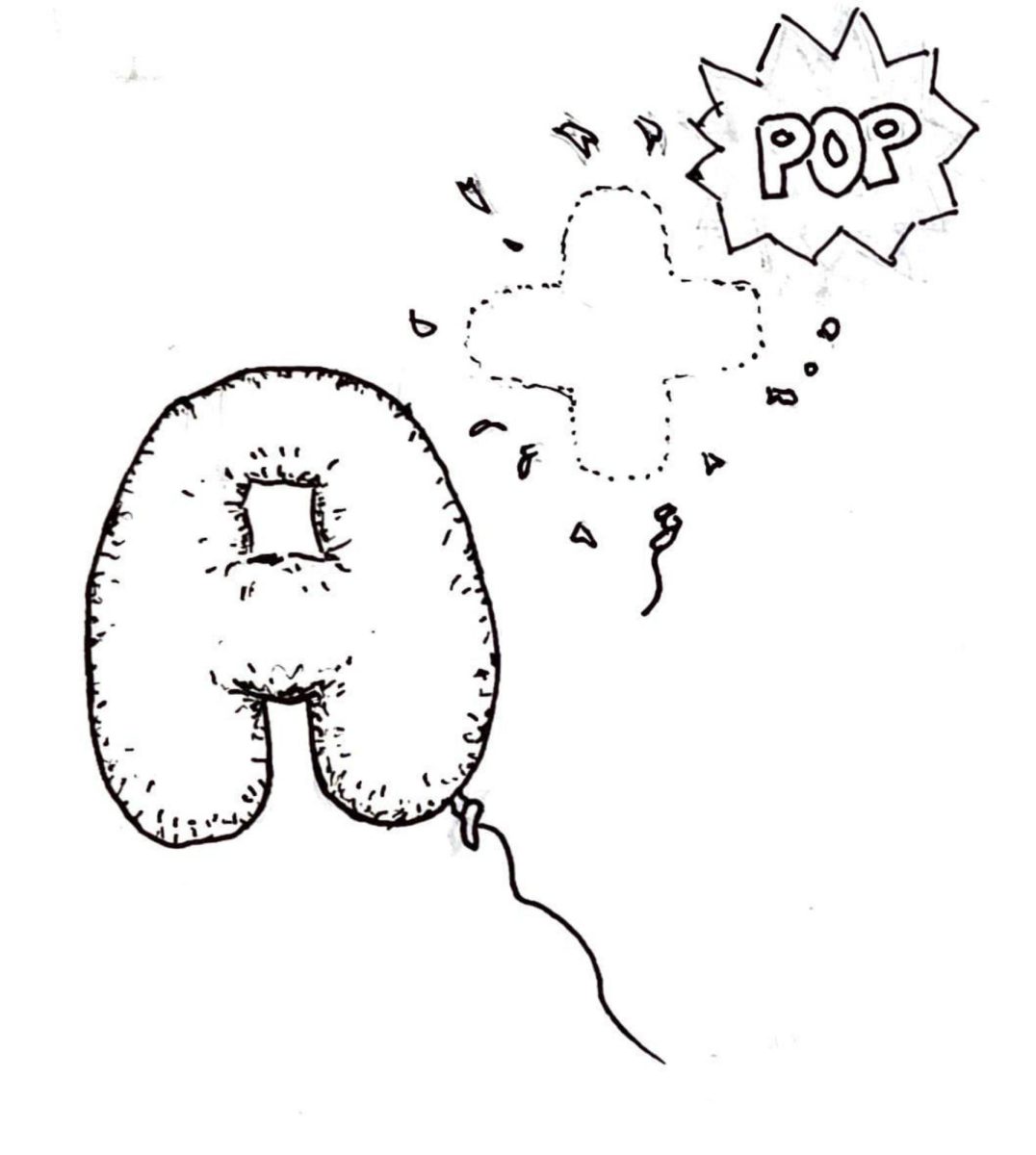In economics, inflation is the process of the increase in prices of goods and the decrease of the value of money. In the world of education, the concept of grade inflation is somewhat similar. Brought to light largely in the past decade, grade inflation is a process of increasing high school and college grades, and a corresponding decrease in the value of those grades. A 2022 study by American College Testing (ACT) details evidence of grade inflation, shown through an increase in countrywide high school grade point averages (HSGPA), and a decrease in standardized test scores. From 2010 to 2021, HSGPA increased 0.17 grade points from 3.22 to 3.39, while average ACT composite scores decreased one point from 21 to 20. Another study done by the US Department of Education found similar results, with average National Assessment of Education Process testing (NAEP) scores dropping from 2009 to 2019, again next to rising HSGPAs.
At LACES, mastery grading has become an increasingly common grading scale used by teachers, where an A is earned with 80-100 percent, B is 60-80, and so forth. While this method makes more difficult classes like APs more accessible, it makes earning an A significantly easier, contributing to inflation.
So what? Grade inflation can have considerable impacts on the likes of college admissions.
“I think it could have a negative effect on college admissions, just in the fact that a college may be admitting a student that may not be fully qualified or ready to do the coursework in college because of great inflation at their previous high school,” said senior class president Ryan Karni. “I know a lot of teachers have been switching to or continuing their mastery grading scale, which is in itself in some form of grade inflation.”
With more and more students earning 4.0+ GPAs on a weighted scale, it becomes difficult to be distinguished from a pool of applicants. This is especially pertinent for top universities as applicants must devote extreme amounts of time and effort to extracurricular activities and essay writing in attempts to stand out to colleges. Similarly, many students are entering college unprepared for their higher education, as grade inflation in high school makes it easier to get better grades.
“If you’re grading on a bell curve or you have grade inflation, it makes it seem like those students who weren’t as prepared, who really don’t deserve that A, they still get an opportunity to do that. In sports it’s like giving everybody a trophy for participation,” said Santa Monica College Recruitment Specialist Tracie Bucsa. “As you transition from high school to college,
from college to your career, they’re not going to do that inflation in the workforce. You’re going to have to earn it.”













